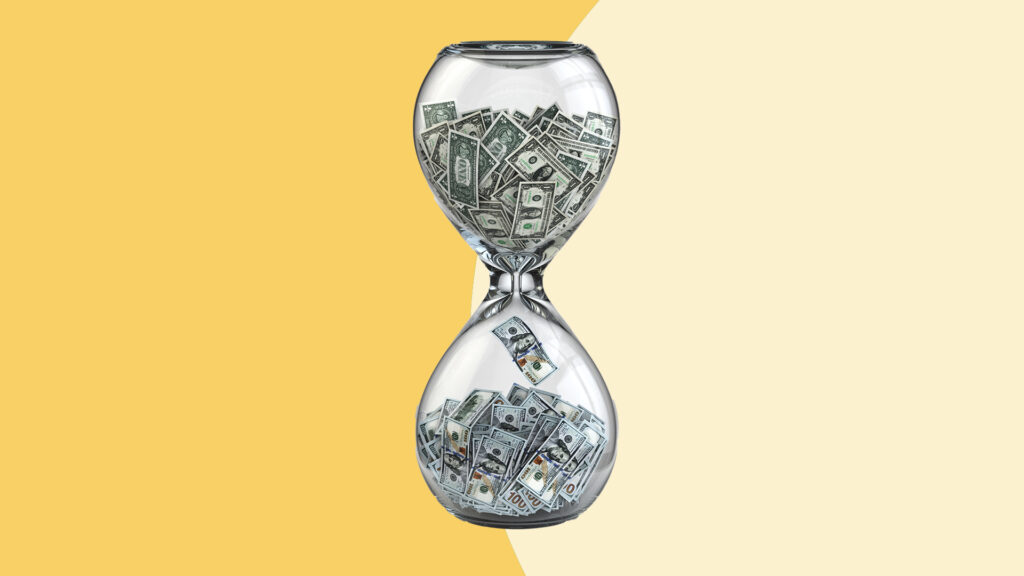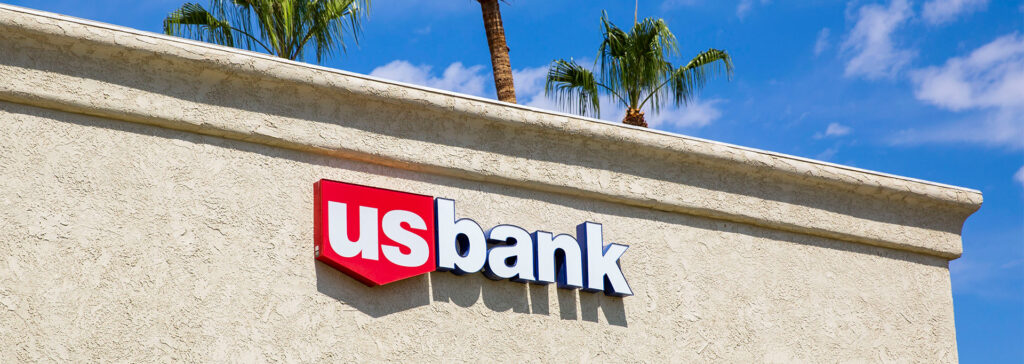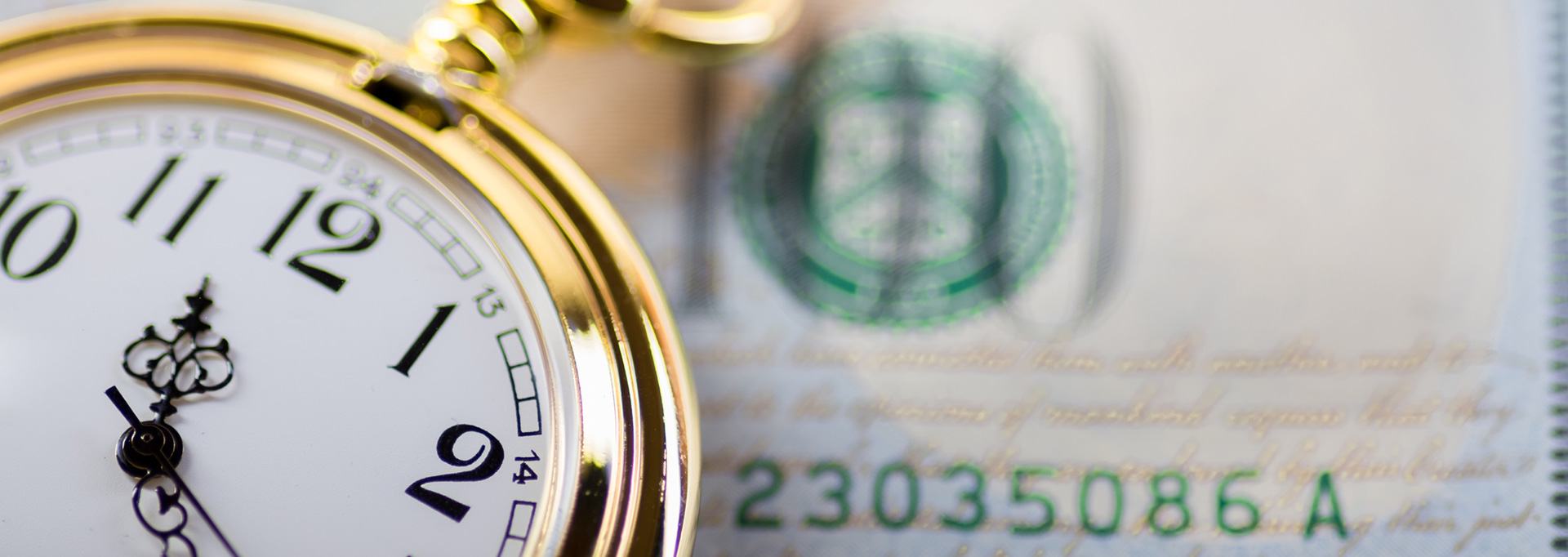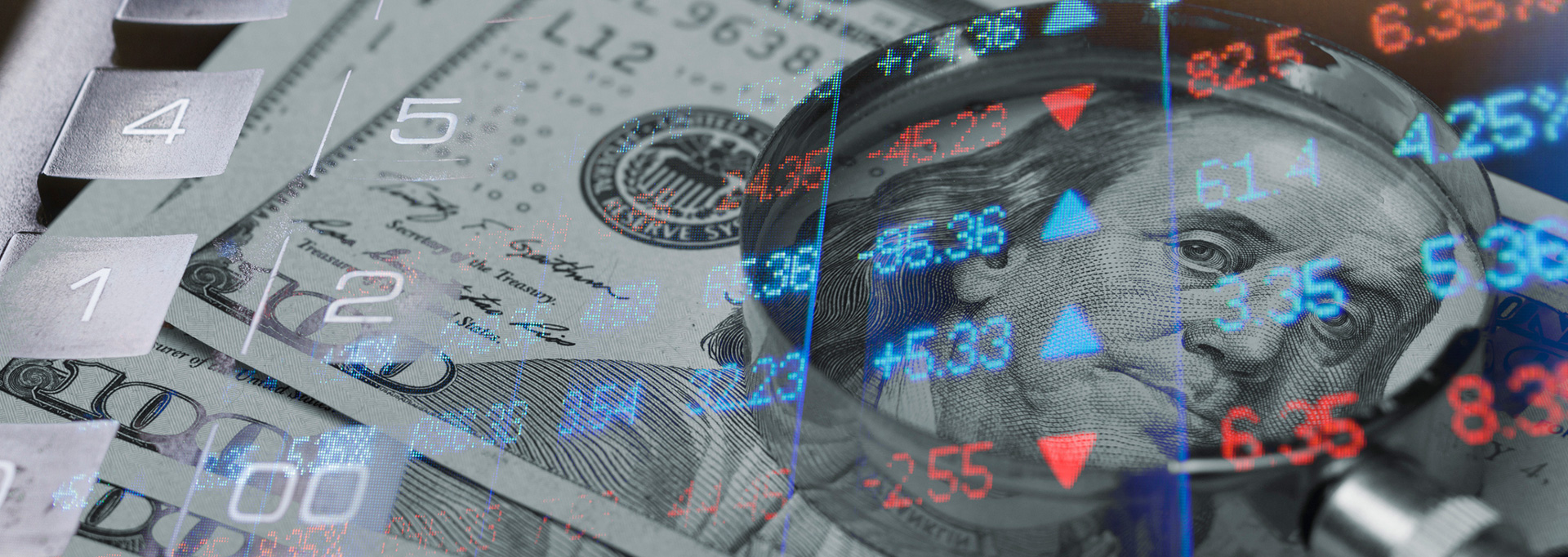Most products on this page are from partners who may compensate us. This may influence which products we write about and where and how they appear on the page. However, opinions expressed here are the author's alone, not those of any bank, credit card issuer, airline or hotel chain.
A certificate of deposit (CD) offers a hig
With CD rates t
Here are some common mistakes people can make when using a CD and how to avoid them.
Mistake #1: Not Shopping Around for Rates
Thousa
Take some time to res
Explore the Best CD Rates
Visit the Marketplace
Mistake #2: Picking the Wrong Term
CD rates c
Recommended CD Accounts
| Account | 1-Year APY | 3-Year APY | 5-Year APY | Learn More |
|---|---|---|---|---|
|
|
0.30%
Annual Percentage Yield is accurate as of April 2, 2024. Interest rates for CIT Bank's term CDs are variable and subject to change at any time without notice |
0.40%
Annual Percentage Yield is accurate as of April 2, 2024. Interest rates for CIT Bank's term CDs are variable and subject to change at any time without notice |
0.50%
Annual Percentage Yield is accurate as of April 2, 2024. Interest rates for CIT Bank's term CDs are variable and subject to change at any time without notice |
Open CD |
|
|
4.80% | 4.00% | 3.90% | Open CD |
|
|
4.90% | 4.15% | 4.00% | Open CD |
|
|
4.70% | 3.75% | 3.75% | Open CD |
|
|
4.50% | 4.40% | 4.30% | Learn More |
That said, if you pick a term bas
On the flip side, if you pi
 Related Article
Related Article
CD Ladders Are an Incredible Savings Strategy, Here’s How to Build One
Mistake #3: Overlooking Penalties
Mo
For example, if your CD has a term of less than 12 mon
Before you open a CD, mak
Mistake #4: Choosing the Wrong Type of CD
There are a few different types of CDs, some of which off
Standard CD
There are n
No-Penalty CD
As its name suggests, a no-penalty CD wo
Step-Up CD
With this type of CD, your acc
Bump-Up CD
If interest rates go up over ti
Brokered CD
A brokered CD is offered by a brok
It's important to keep in mind that n
Mistake #5: Forgetting to Withdraw at the End of Your Term
After your CD mat
That said, if you forget or d
Mistake #6: Not Diversifying Your Savings
While a CD can be a great w
As a result, it's a good idea to keep s
 Related Article
Related Article
Best High-Yield Savings Accounts (April 2024)
Mistake #7: Playing It Too Safe With Your Cash
A CD offers a s
While the stock market can b
Bottom Line
Like other financial products, CD
























